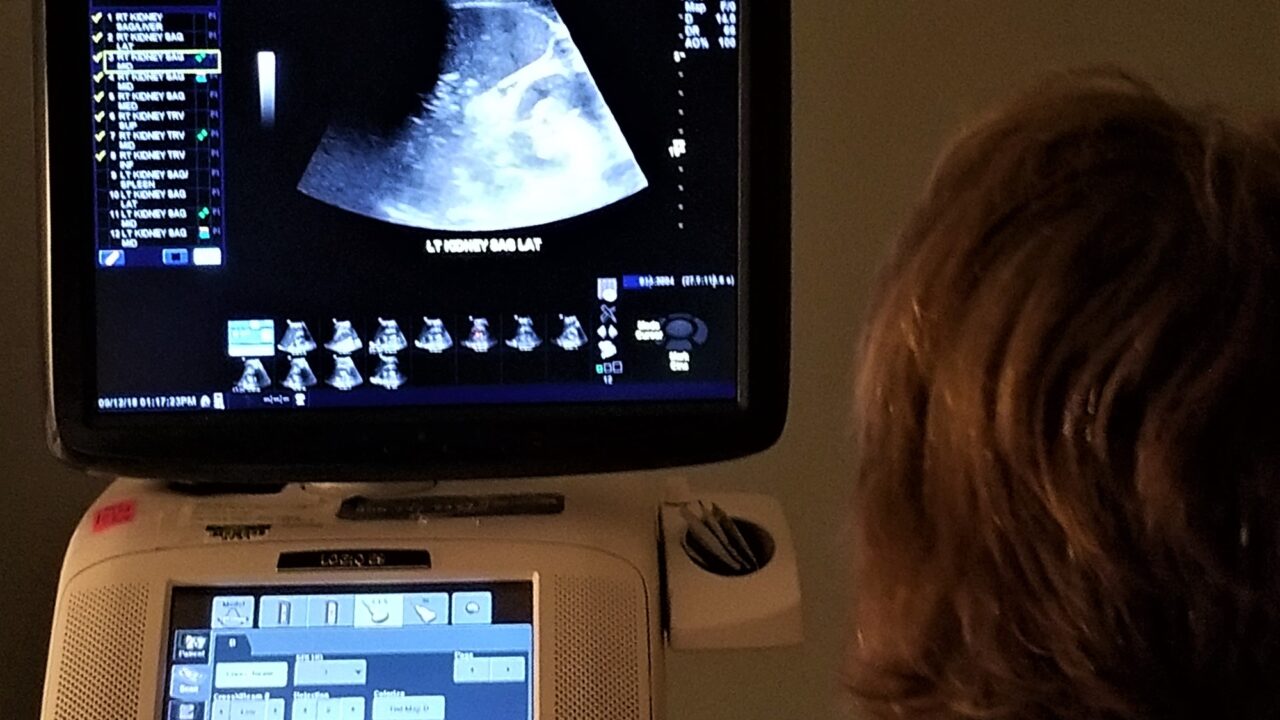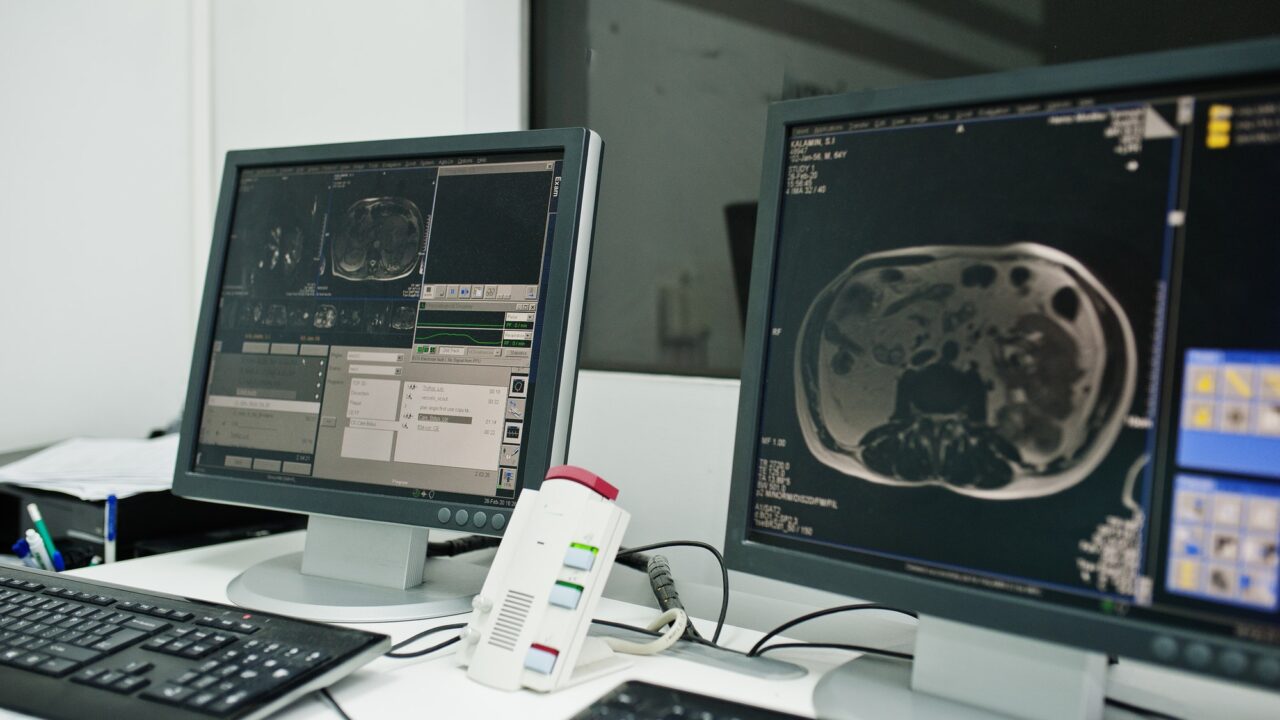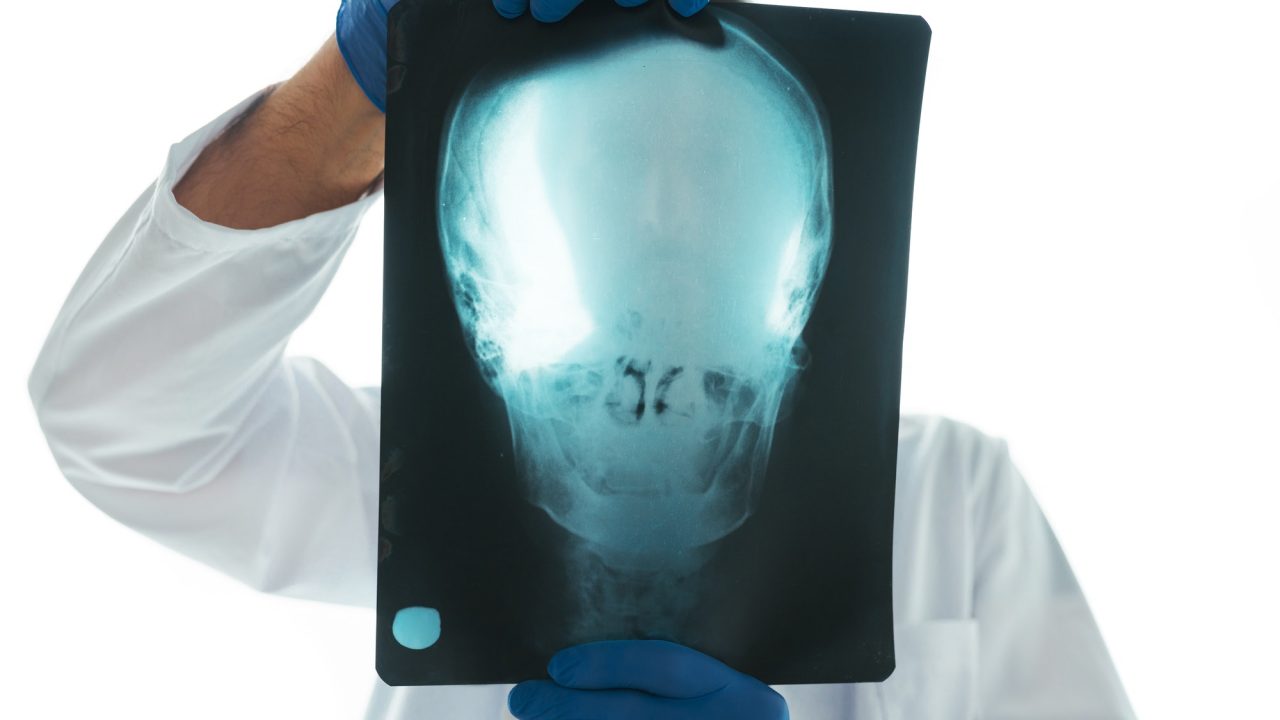NIH supports mathematical optimization of tumor treatment
.A new strategy to reduce the side effects suffered by patients undergoing treatment for head and neck cancers now has the support of the National Institutes of Health. . Andrew Schaefer, the Noah Harding Chair and a professor of computational and applied mathematics and computer science at Rice’s Brown School of Engineering, won a prestigious four-year R01 grant for $1.2 million to develop a personalized approach to adaptive radiation therapy (ART) for head and neck cancers. . The goal of...











